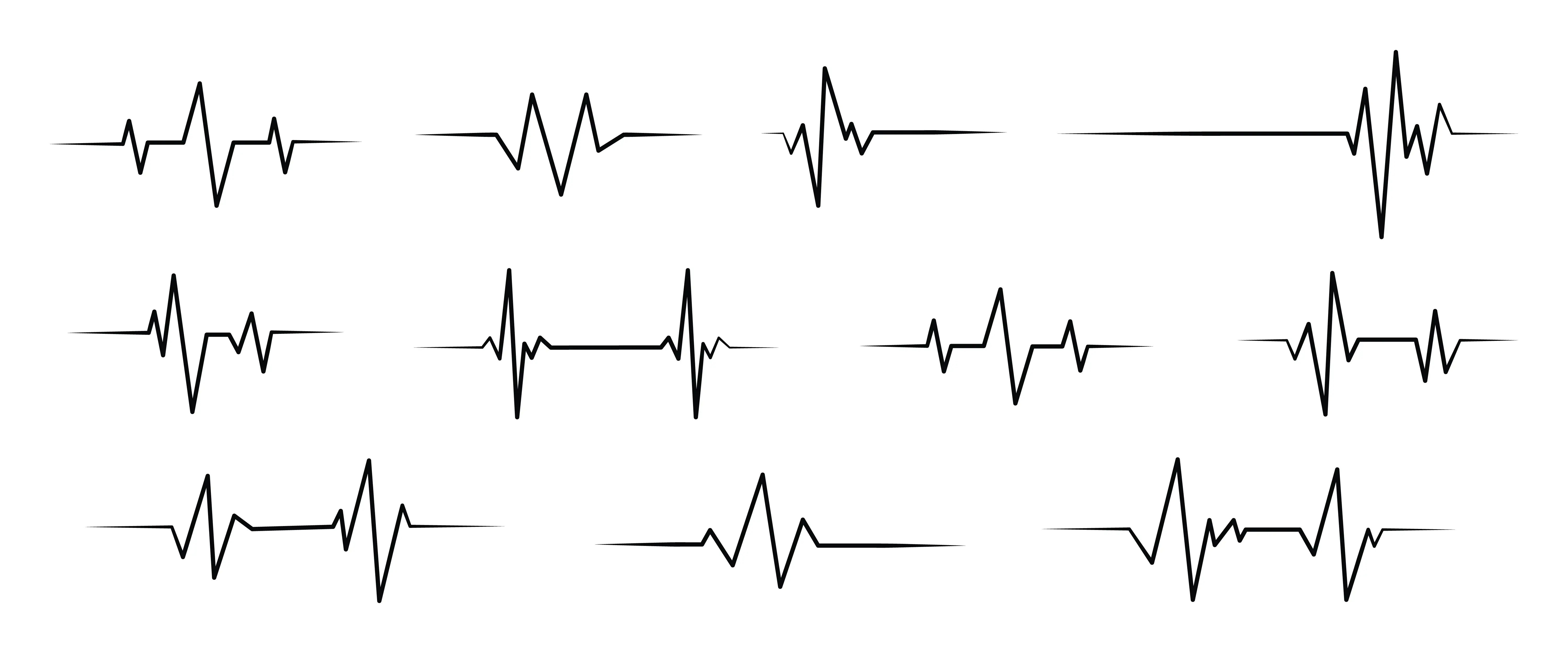Angiogram Test Overview and Considerations
Learn about the angiogram test, a diagnostic procedure used to visualize blood vessels. Understand what it's for, how it's done, and what to expect before, during, and after the procedure.

Written by Dr. Siri Nallapu
Reviewed by Dr. Rohinipriyanka Pondugula MBBS
Last updated on 29th Aug, 2025

An angiogram is a medical test that helps doctors examine your blood vessels, particularly arteries and veins, to check for blockages, narrowing, or other abnormalities. If you or a loved one has been advised to undergo an angiogram, you may have questions about what it involves, why it’s needed, and what to expect. This article will guide you through the basics of an angiogram in simple terms, helping you feel more informed and at ease.
What Is an Angiogram?
An angiogram (also called angiography) is an imaging test that uses X rays and a special dye (contrast material) to visualize blood flow in your arteries and veins. It helps doctors diagnose conditions like:
- Blocked or narrowed arteries (common in heart disease)
- Aneurysms (bulging blood vessels that can burst)
- Blood clots
- Abnormal blood vessel formations
The most common type is a coronary angiogram, which checks the arteries supplying blood to your heart. However, angiograms can also examine blood vessels in the brain, legs, kidneys, and other parts of the body.
Why Might You Need an Angiogram?
Your doctor may recommend an angiogram if you have symptoms such as:
- Chest pain (angina)
- Shortness of breath
- Leg pain while walking (peripheral artery disease)
- Sudden numbness or weakness (signs of a stroke)
- Unexplained swelling or pain in limbs
It can also be used to:
- Confirm findings from other tests (like stress tests or CT scans).
- Plan treatments such as angioplasty (opening blocked arteries) or stent placement.
Consult a Cardiologist for personalized consultation
How Is an Angiogram Done?
An angiogram is performed in a hospital or specialized clinic by a cardiologist or radiologist. Here’s what typically happens:
Before the Test
- You may need to fast (not eat or drink) for a few hours before the test.
- Inform your doctor about any allergies (especially to iodine or contrast dye).
- Discuss your medications—some (like blood thinners) may need to be paused.
During the Test
1. You’ll lie on an Xray table, and a small area (usually the groin or wrist) will be cleaned and numbed.
2. A thin, flexible tube (catheter) is inserted into a blood vessel and guided to the area being examined.
3. Contrast dye is injected, making blood vessels visible on Xray images.
4. You may feel a warm sensation as the dye flows, but the procedure is generally not painful.
5. The test usually takes 30 minutes to 2 hours, depending on complexity.
After the Test
- You’ll need to rest for a few hours to prevent bleeding from the insertion site.
- Drink plenty of water to flush out the dye.
- Avoid heavy lifting or strenuous activity for a day or two.
Are There Any Risks?
Angiograms are generally safe, but like any medical procedure, they carry some risks:
- Minor bruising or bleeding at the catheter site.
- Allergic reaction to the contrast dye (rare).
- Kidney issues (if you have preexisting kidney problems).
- Very rarely, blood vessel damage or infection.
Your doctor will discuss these risks and ensure the benefits outweigh them.
How to Prepare for an Angiogram?
To make the process smoother:
- Follow pretest instructions (fasting, medication adjustments).
- Arrange for someone to drive you home afterward.
- Wear comfortable clothing and leave jewelry at home.
- Stay hydrated before and after the test (unless instructed otherwise).
What Happens After the Results?
Your doctor will review the images and discuss the findings. Depending on the results, they may recommend:
- Medications to manage cholesterol or blood pressure.
- Lifestyle changes (diet, exercise, quitting smoking).
- Further procedures like angioplasty or bypass surgery if blockages are severe.
Tips for a Healthy Heart & Blood Vessels
To keep your blood vessels healthy and reduce future risks:
- Eat a balanced diet (low in saturated fats, high in fruits, vegetables, and whole grains).
- Exercise regularly (30 minutes most days).
- Quit smoking—it damages blood vessels.
- Manage stress through relaxation techniques.
- Control blood pressure, cholesterol, and diabetes with regular checkups.
When to Seek Help?
If you experience any of the following after an angiogram, contact your doctor immediately:
- Severe pain, swelling, or bleeding at the catheter site.
- Fever or signs of infection.
- Chest pain or difficulty breathing.
Final Thoughts
An angiogram is a valuable tool to diagnose and treat blood vessel problems. While the idea of the test might seem daunting, it’s a routine procedure that helps doctors provide the best care for your heart and vascular health.
If your doctor has recommended an angiogram and you have concerns, don’t hesitate to ask questions. Early detection and treatment can make a big difference in your long-term health.
Need an Angiogram?
If you’re looking to schedule an angiogram or consult a specialist, Apollo 24|7 offers expert care with advanced diagnostic facilities. Book an appointment today for personalized guidance and support.
Stay informed, stay healthy!
Consult a Cardiologist
Consult a Cardiologist

Dr. Amit. A. Bharadiya
Cardiologist
12 Years • MBBS, MD General Medicine, DNB Cardiology, FSCAI
Maharashtra
Surabhi Hospital, Maharashtra, Maharashtra
(50+ Patients)

Dr. S B Bhattacharyya
Cardiologist
22 Years • MBBS, MD(General Medicine),DM (Cardiology)
Kolkata
Gariaheart Clinic, Kolkata

Dr. Pinaki Nath
Cardiologist
8 Years • MBBS, MD General Medicine, DM Cardiology
Barasat
Diab-Eat-Ease, Barasat

Dr. Mangesh Danej
Cardiologist
8 Years • MBBS, MD (General Medicine), DNB (Cardiology)
Pune
Dr Danej clinic, Pune
(375+ Patients)

Dr. M Sudhakar Rao
Cardiologist
8 Years • MBBS, MD General Medicine, DM Cardiology
Bengaluru
UMC, Kormangla, Bengaluru
Consult a Cardiologist for personalized consultation

Dr. Amit. A. Bharadiya
Cardiologist
12 Years • MBBS, MD General Medicine, DNB Cardiology, FSCAI
Maharashtra
Surabhi Hospital, Maharashtra, Maharashtra
(50+ Patients)

Dr. S B Bhattacharyya
Cardiologist
22 Years • MBBS, MD(General Medicine),DM (Cardiology)
Kolkata
Gariaheart Clinic, Kolkata

Dr. Pinaki Nath
Cardiologist
8 Years • MBBS, MD General Medicine, DM Cardiology
Barasat
Diab-Eat-Ease, Barasat

Dr. Mangesh Danej
Cardiologist
8 Years • MBBS, MD (General Medicine), DNB (Cardiology)
Pune
Dr Danej clinic, Pune
(375+ Patients)

Dr. M Sudhakar Rao
Cardiologist
8 Years • MBBS, MD General Medicine, DM Cardiology
Bengaluru
UMC, Kormangla, Bengaluru
.webp)
